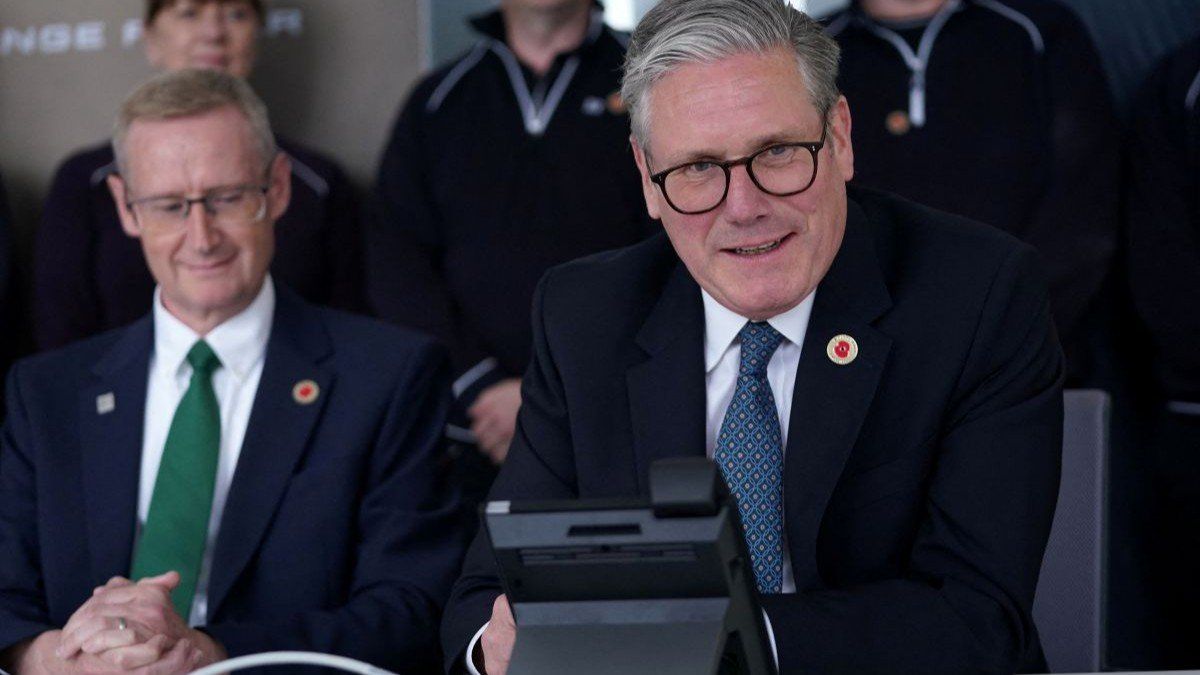When President Donald Trump announced a trade deal that will reduce US tariffs on UK cars and plane engines in return for greater access to the British market for American beef and chemicals, he singled out Prime Minister Keir Starmer for praise.
“The US and UK have been working for years to try and make a deal, and it never quite got there,” said Trump. “It did with this prime minister.”
The president’s comment twisted the knife into the UK Conservative Party, which tried — and failed — to achieve a trade deal with the Americans during its 14 years in power. It took Starmer, the Labour leader, to finally clinch the deal less than a year after entering office.
Starmer isn’t the only winner. Brexiteers cited the prospect of a US trade deal to further justify exiting the European Union. The deal caps a stellar week for Reform UK leader Nigel Farage, after his party made extraordinary strides in the local UK elections last Thursday.
There’s a caveat. The scope of the deal was somewhat limited, with many goods still subject to the 10% tariff — Trump said this rate was “pretty well set.” The UK tariff rate appears to have dropped, while the US one has risen, although the White House numbers can sometimes be off.
What’s Trump’s strategy? With this deal — the first the US has made since “Liberation Day” — it’s not clear whether the president’s main goal is protectionism or winning concessions from America’s allies.
The US did nab some wins from the pact, including access to UK meat markets, but they inked it with a country with which they already have a
trade surplus. Trump thus achieved both of these goals, making it unclear where his priority lies.
